The Belgian company De Aardappelhoeve usually kicks off its new potato season with early potatoes from Israel. Because of the war, the company is letting this import pass by this year. "We don't want to get involved with politics, but the whole situation is uncomfortable, and we're somewhat afraid of consumer reaction. So, we're sidelining those for now," begins Bart Nemegheer.
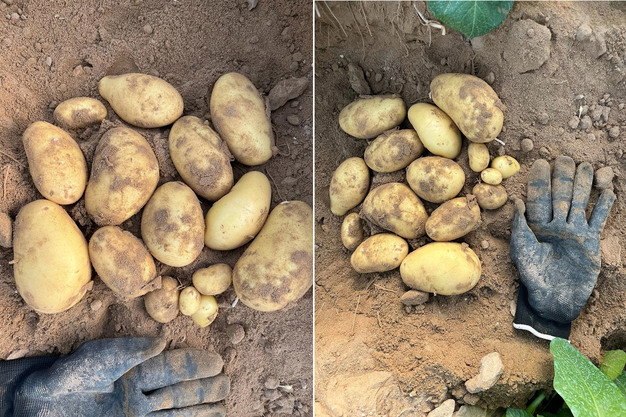 Spanisch Agila potatoes
Spanisch Agila potatoes
"Yet, we realize how difficult the situation is for our Israeli suppliers. The potatoes have been cultivated and are ready to be exported. So, we're doing everything we can to help growers find solutions by tapping into our contacts with major potato traders elsewhere in Europe. Imports into England, for example, don't seem to be such an issue."
De Aardappelhoeve anticipated the situation by asking their Spanish growers to start their season early, and that has yielded results. "We got the first of those potatoes last week. Despite Easter being unusually early, we have the new potatoes in the store well before then," Bart notes with satisfaction. "Now we hope for nice holiday weather because a good Easter weekend will certainly boost the demand for imported potatoes."
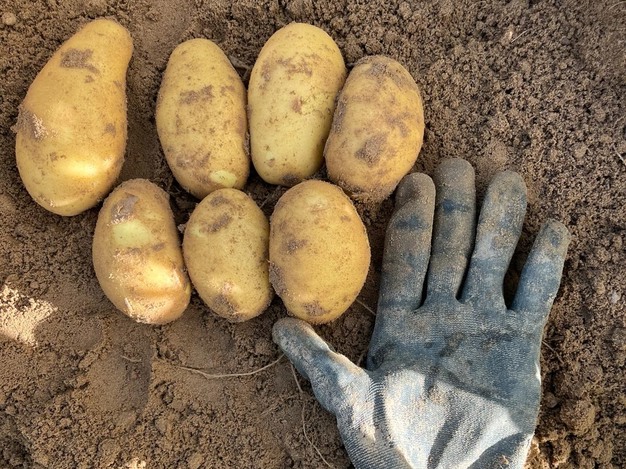
"We're starting with the very early Spanish Agila variety, which we try to offer year-round. The growing conditions were excellent. It's mainly the Alicante-Murcia-Valencia region that suffers from drought, so plantings there are considerably lower. In Seville, conditions were somewhat better, and the acreage remained mostly unchanged. Our grower in that area has switched entirely to drip irrigation, which reduces his water requirements by 30-40%. It rained a bit more earlier this year, though. Plus, the temperature is well under control. So, if all goes to plan, we can expect good yields," Bart says.
He doubts there will be a lack of demand. "All of Belgium wants good potatoes. Fewer Israeli exports mean more countries are waiting for the new crop. The supply from Cyprus is starting to trickle in, too. That winter crop is now on the market. The spring crop is expected in April. Those growers suffered damage due to rain and frost last year; that doesn't seem too bad this year."
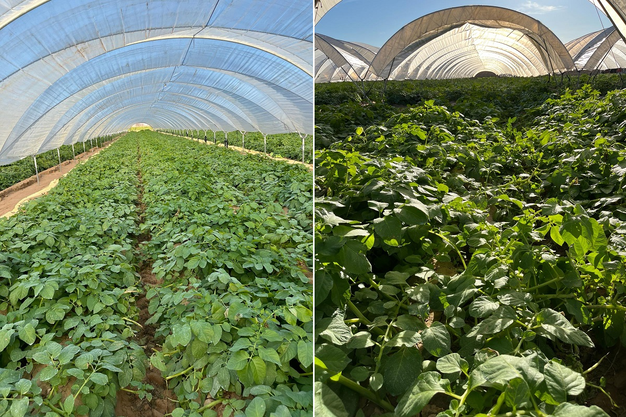
Belgian supermarkets are De Aardappelhoeve's main target market for early potatoes. "Those potatoes are on an upward trend. All the retailers' volumes grew last year, so that's a good sign. But the limited supply of high-quality ware potatoes means prices are high, up to €600/ton. Those high prices, however, diminish the switch to early potatoes. But there must be enough supply to make that switch because once that starts, there's no going back," says Nemegheer.
He certainly recognizes the trend of many clients wanting more local products. "But there must be supply. The high contract prices paid by the processing industry have done nothing but reduce the ware potato supply. We too have references we supply with Belgian potatoes year-round, but that's no easy task."
"We always have a dry patch in late February/early March when we can plant on our light sandy soils. We've, however, not had that chance yet, and looking at the weather forecast, it doesn't seem we'll be going into the field before April," Bart reckons. The water table has never been this high, and the fields will have to dry out properly for eight to ten days first. So, it will most likely be a late season."
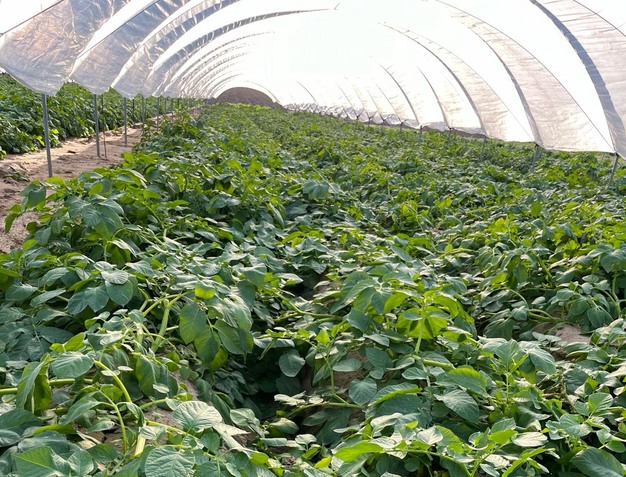
"And if we can't guarantee quality, we'll lose consumers. Import potatoes will, therefore, probably always be on the menu. The range of varieties is shifting, though. Sales of varieties like Charlotte and Nicola have peaked, but there are enough alternatives to meet that demand perfectly," Bart concludes.
Voor meer informatie:
Bart Nemegheer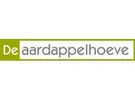 De Aardappelhoeve
De Aardappelhoeve
Putterijstraat 7A
8700 Tielt (België)
+32 (0)477 29 17 84
bart@deaardappelhoeve.be
www.deaardappelhoeve.be
